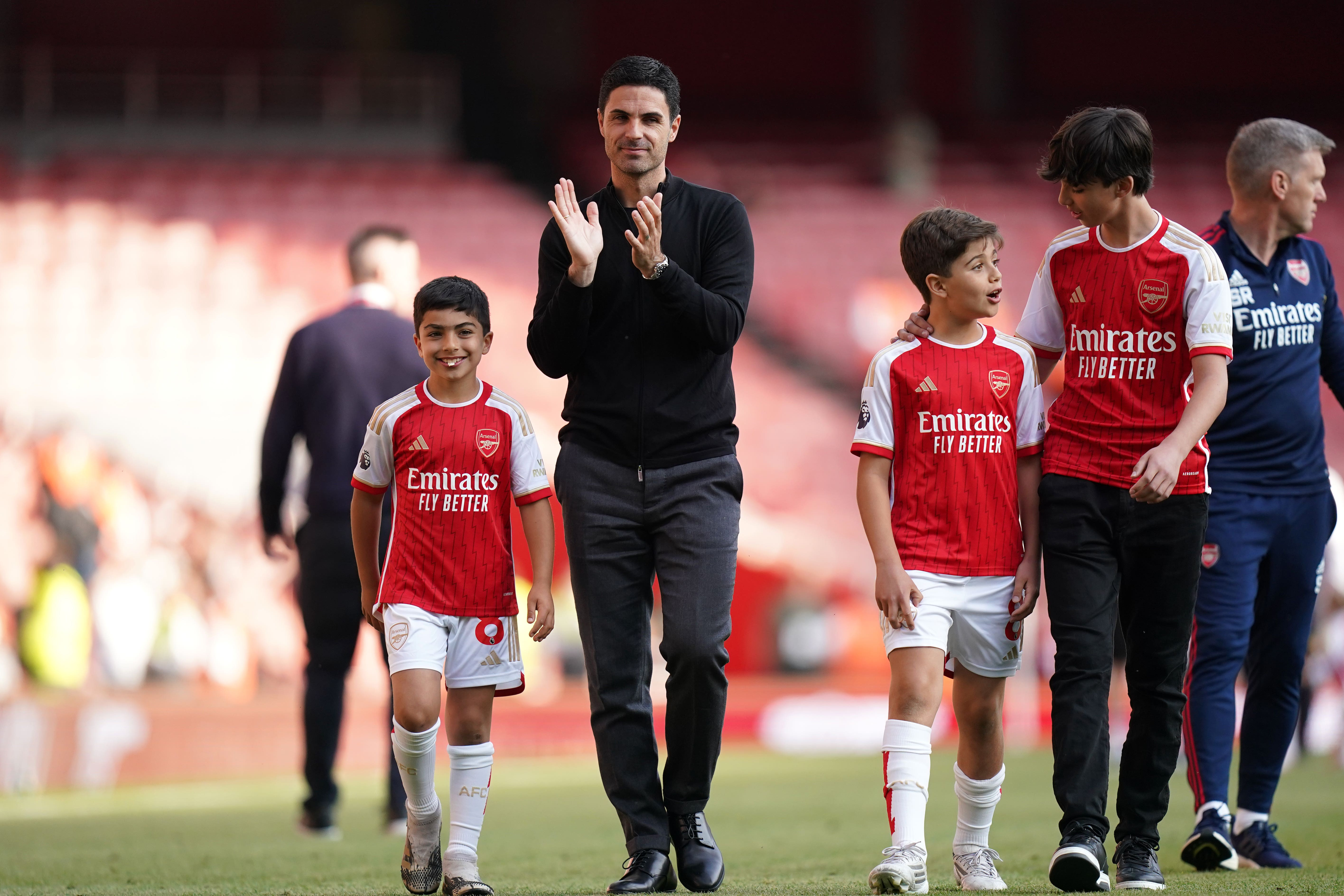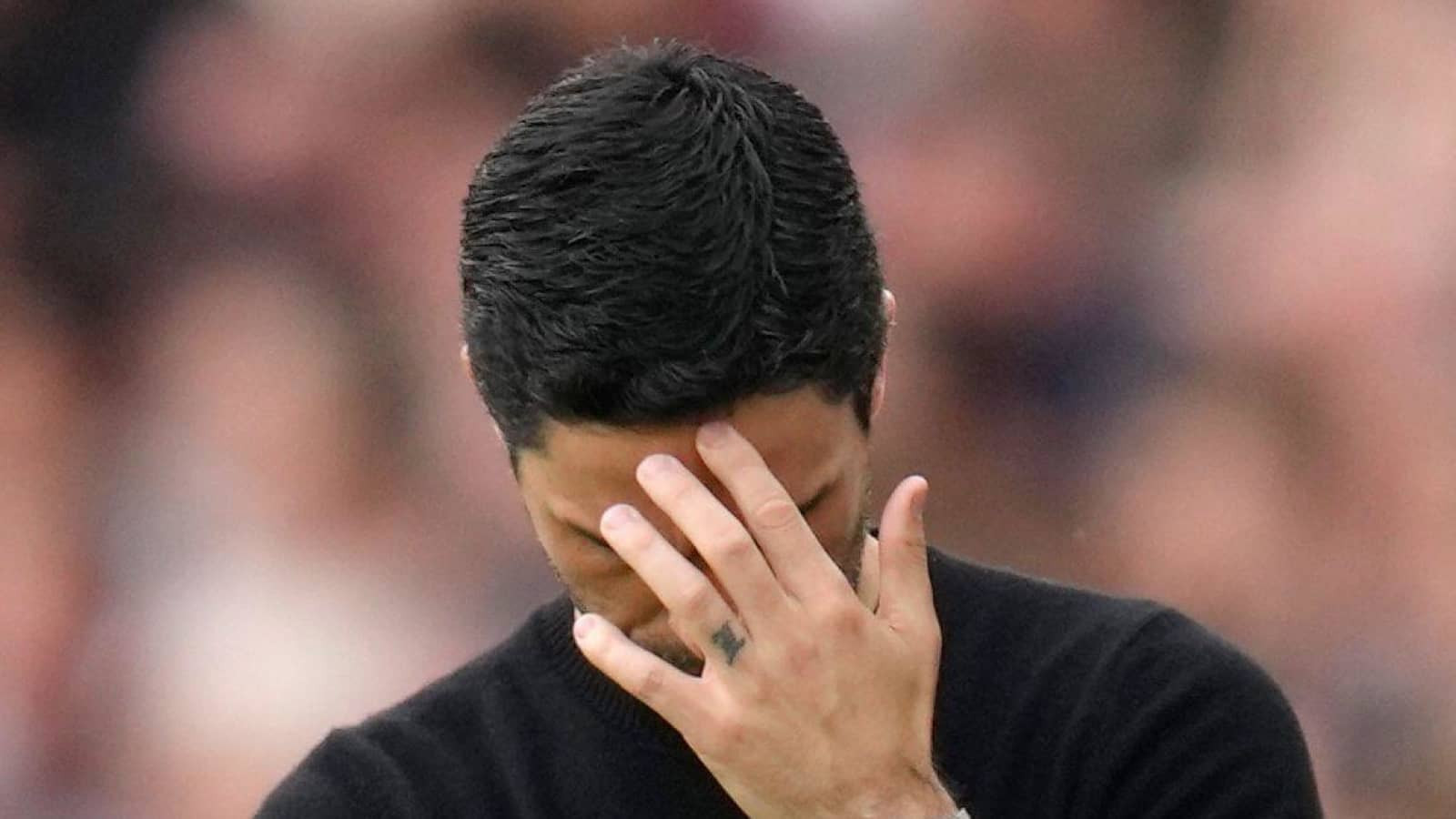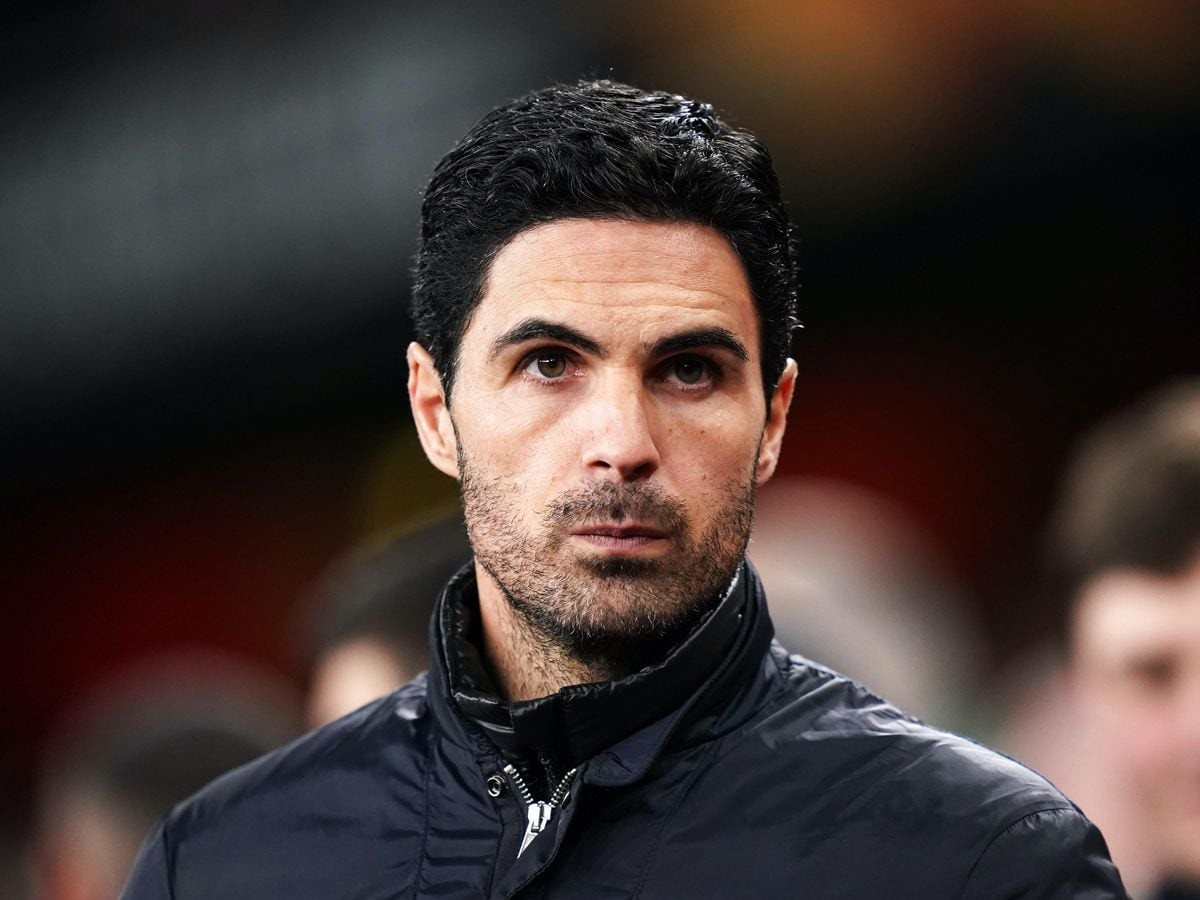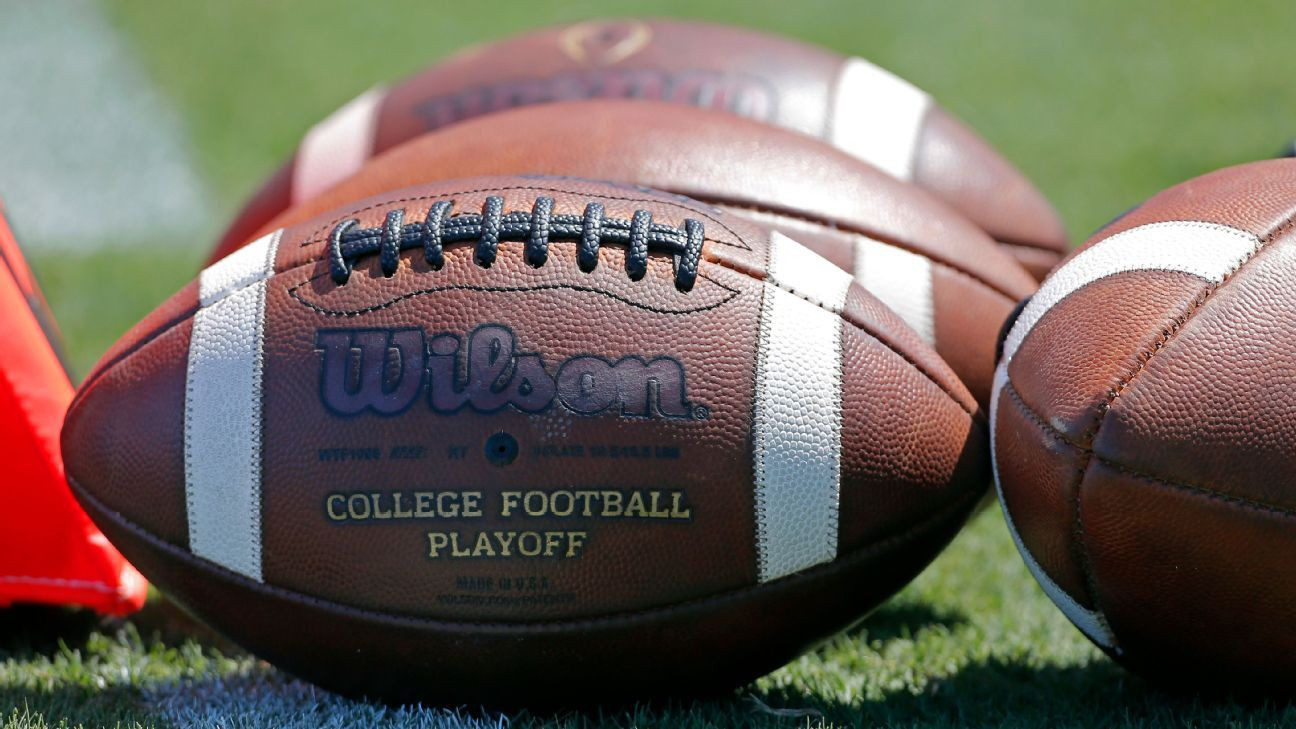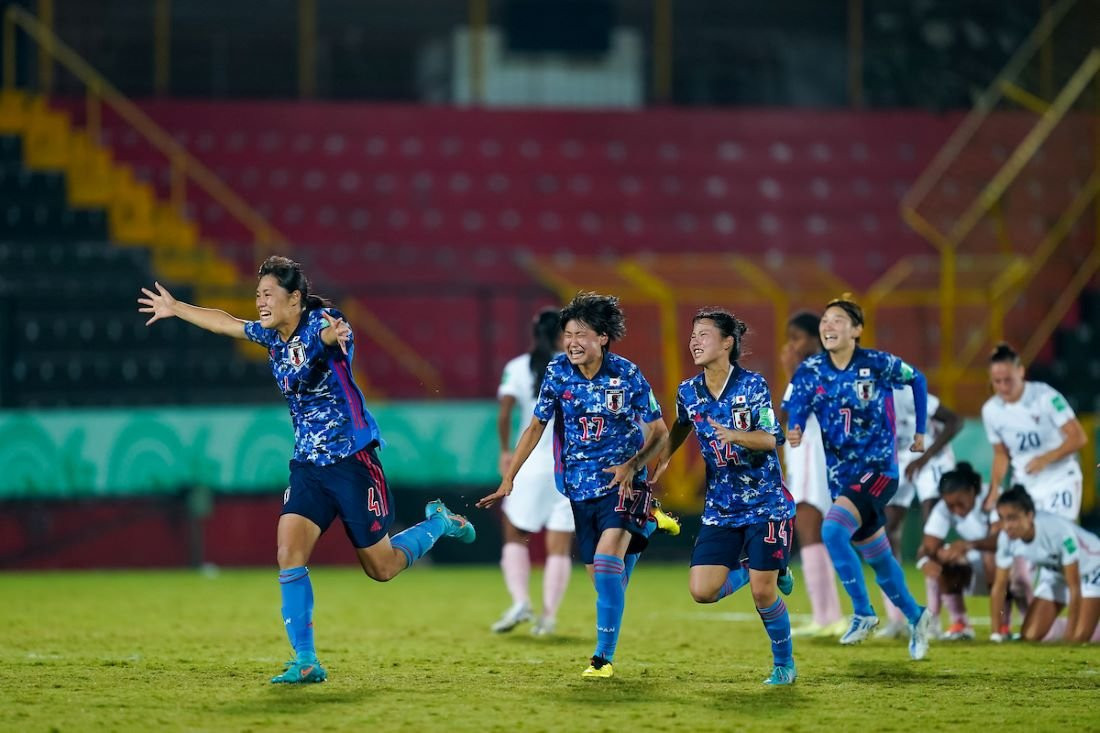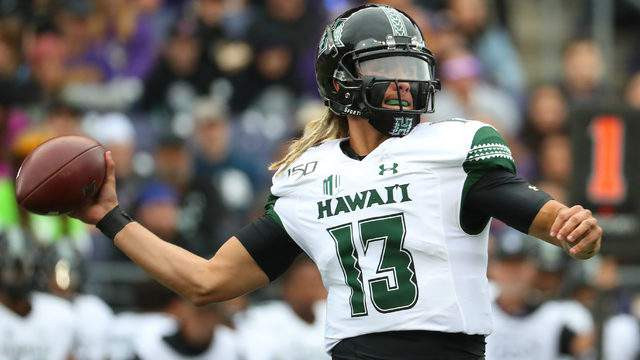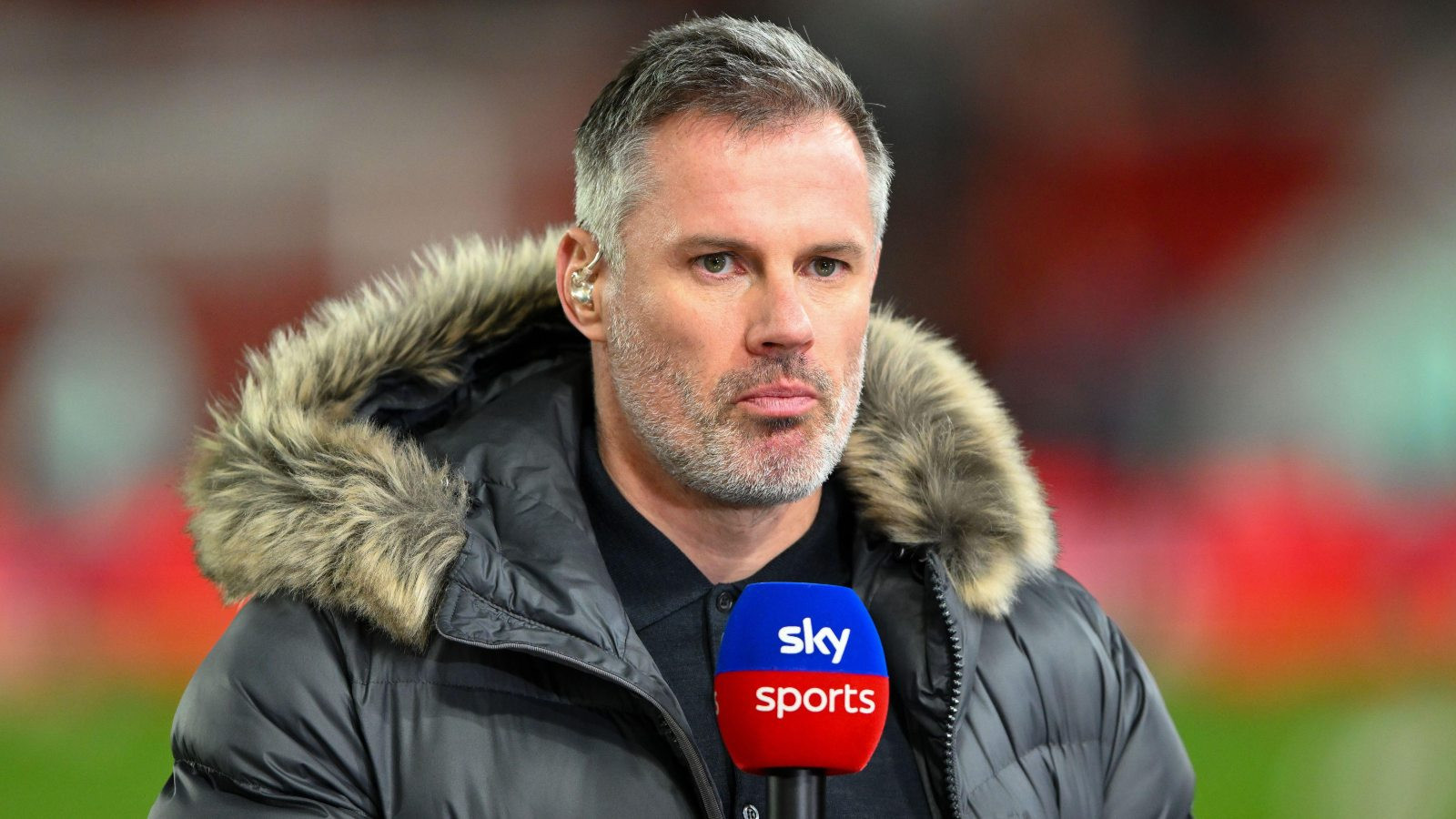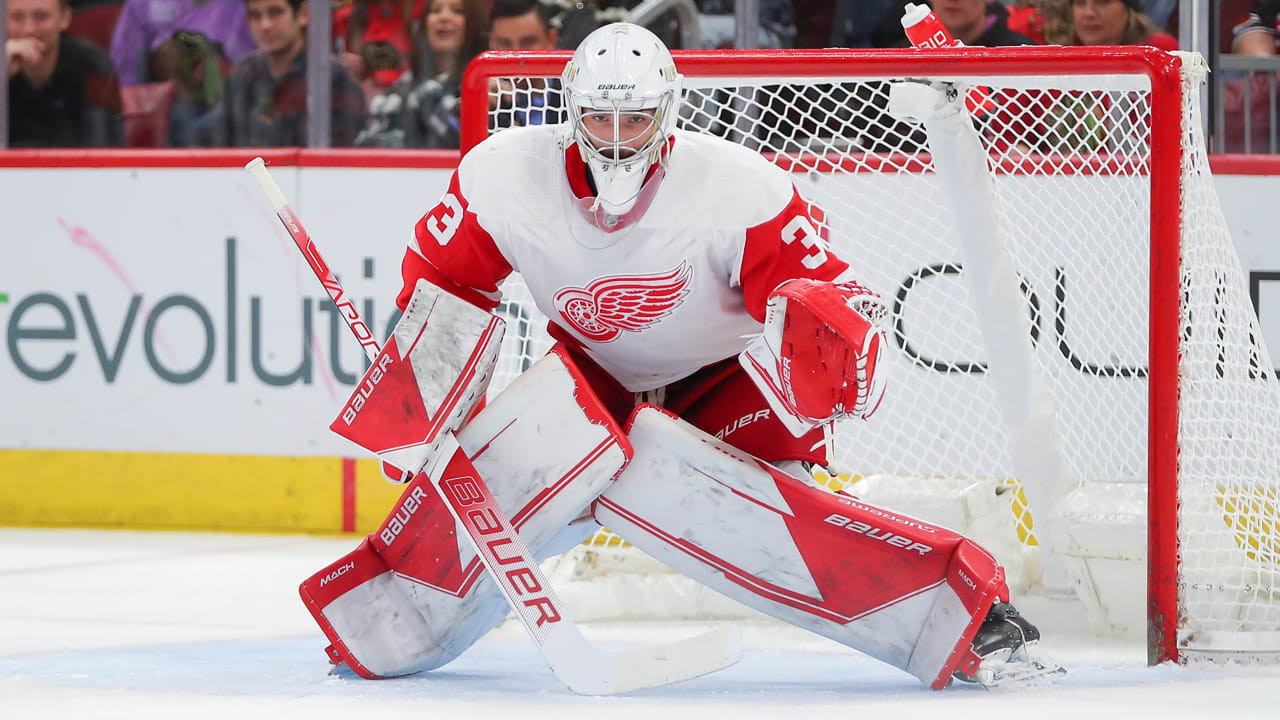Mikel Arteta began his pre-Brighton press conference with the disappointing news that Mikel Merino suffered an injury in his first training session with the team this week. Our new recruit sustained a shoulder problem and is expected to be out of action for a few weeks. “It’s very unfortunate,” Arteta said. “Yesterday he had a collision and got a shoulder injury. He’s going to be out for a few weeks. “It’s really bad luck and we were all very excited. He was looking very good, he landed on the floor, Gabi went on top of him and it looks like he’s got a small fracture probably. He was in so much pain, so we have to wait and see with the staff to do some more tests to have more conclusive answers.”
Arteta was also asked for the latest updates on the availability of Gabriel Jesus and Takehiro Tomiyasu, who have been recovering from groin and knee injuries respectively, but are not in contention for Saturday’s game. “[Gabriel] is progressing really well,” he said. “He had a muscle injury and is doing quite a lot of the stuff already so we expect him to be with us pretty soon. “[With Tomi] at the moment it is difficult to say. It's a bit slow, the process of the first phase of that injury. It’s probably for the medical team to say more than that. He’s not done any training yet.”
A Basque Built For Arsenal
“Mikel is a beast,” says Kieran Tierney. The Scotland international is not speaking about his Arsenal manager of the past five years. He is referencing Mikel Arteta’s namesake, Mikel Merino — the player Tierney immediately points to when asked which team-mate impressed the most during his loan spell at Real Sociedad last season, and now Arsenal’s newest player.
“The amount of duels Merino wins, he is like a machine,” says Tierney, speaking while being interviewed by The Athletic in May. “He wins every single header and tackle, no joke. It’s a dying art to be able to leap and win it in the air like he does, but it’s not just that. “He’s also technically class. He keeps the ball so well in tight spaces and is really composed. He’s a proper all-round midfielder.”
Little did Tierney know then that Merino — who was his biggest help settling in at Real Sociedad due to his impeccable English following a season at Newcastle United earlier in his career — would be the player Arteta handpicked to reconfigure his midfield this summer. Perhaps he should have seen it coming. After all, the attribute that stood out for Tierney about Merino most was how similar his mentality is to Arteta’s ‘all-in’ approach. “His professionalism is amazing. Training, gym, recovery, diet, everything is 100 per cent,” he added. “The players from the Basque region seem to be built like that.”
A Spanish Touch In North London
The signing of Merino ends an idiosyncrasy in Arteta’s squad-building: the absence of many of his fellow Spaniards. It is common for managers to recruit players who have been schooled in a similar way of playing. There is often a common understanding of tactical concepts, while a shared language can speed up the adaptation process. Spanish centre-back Pablo Mari was Arteta’s first acquisition as Arsenal boss, on an initial loan in January 2020. But aside from extending Dani Ceballos’ loan, which was in place when he was appointed, the following summer, Merino is the first outfielder from Spain in 26 signings since.
There is a full-circle element to Arteta, a native of the Antiguo district of San Sebastian, returning to his home city to find the player he hopes will solve the midfield jigsaw. Merino helps realise the Arsenal manager’s ambition of achieving the perfect blend of Spanish technicality and English power. He is the embodiment of Arteta’s interpretation of Premier League football. It is what convinced Arteta that Merino was capable of being the glue that binds Declan Rice and Martin Odegaard while connecting the left side of the pitch for Arsenal.
Merino's Mentality
Kai Havertz never clicked in the left No 8 role during his 2023-24 debut season and often seemed on the periphery of the action. Merino may have a similar stature to the German, but he is all-action, a protagonist who is “ready for war”, a battle-hardened mentality aided by that year with Newcastle in 2017-18. Born in Pamplona, famous for its Running of the Bulls festival, Merino will be Arsenal’s charger-in-chief.
Whenever Real Sociedad had a goal kick, throw-in or free kick in recent seasons, he was the man they aimed for, which helped him win more duels across Europe’s top five leagues last season than any other player. Now, working with set-piece specialist Nicolas Jover, Arsenal will look to exploit that superpower further. To be able to thrive in Arteta’s world, you have to match his drive and intensity. There are limits to the background checks and character references that clubs can collate before deciding whether a player’s mentality suits their culture.
With Merino, Arteta already had an insight into what type of character he was getting. Both men have been shaped by their distinct Basque upbringing and culture. ‘Palabra de Vasco’ is the phrase Jon Ojanguren, a professor of sports management who also manages the culture, sports, faith and solidarity department at the University of Deusto in San Sebastian, uses to explain what defines the Basque mentality. “It means, ‘If a Basque person gives you his word that he will do something, he will do it’. You can rely on us,” he says. “For many people here, there is a strong feeling of being a country separate from Spain and (nearby) France. We have our unique language and that sense of belonging to a community extends from your house, family and friends to your job.
“There is a lot of pride. The profile of person here is known for being a hard worker, very task-focused and committed to the cause. “You see that in the way Arteta is committed to Arsenal like no one else. He is giving everything he has.”
A Region of Footballing Giants
The Basque province of Gipuzkoa, Spain’s smallest, of which San Sebastian is its capital, has a population of little over 700,000. It produces more elite footballers than it should — nine of Spain’s 26 players as they won Euro 2024 this summer were Basque. Its most staggering export, though, is top-level football managers. Arteta, Unai Emery (Aston Villa), Julen Lopetegui (West Ham) and Andoni Iraola (Bournemouth) are all from the region and comprise a fifth of the Premier League. Real Sociedad manager Imanol Alguacil, his Athletic Bilbao counterpart Ernesto Valverde, and Pep Guardiola’s mentor and now Manchester City assistant Juanma Lilo are other distinguished names from the area.
Why Basque culture is so conducive to producing leaders is as much a sociological question as it is a sporting one. “Working for the community was the only way to develop as a society, because of the geography of the area,” Ojanguren says. “It’s shaped by little mountains and valleys, so we didn’t have big cities. We had a lot of small villages spread throughout, where every single house had to produce their own food the whole year.
“Our people could not work independently, they had to work together and fight every day to survive. There is a historical base to the idea as to why we are a little different.”
The Arsenal Of The Future
Jurgen Klopp coined the phrase “mentality monsters”. This was used to define his Liverpool team as they won the Premier League and Champions League. Arsenal have prioritised size and athleticism in their recent recruitment. Merino is another, like Rice, Jurrien Timber and Riccardo Calafiori, to arrive with the ‘beast’ description. With the 42-year-old Arteta now retired as a player and no longer able to assert himself in midfield as he used to for clubs including Everton, Arsenal and Scotland’s Rangers, Merino may come to be viewed at the Emirates Stadium and beyond as his on-field energy, a symbol of a team ready to win in any way, shape or form.
More Than Just A Signing
Arsenal’s transfer window tactics are becoming clearer as the summer progresses, particularly with regard to player exits and new signings. With the recent arrival of Mikel Merino, the focus has shifted towards managing the squad’s composition, making strategic decisions on who stays and who departs. Arsenal’s acquisition of Mikel Merino for £31.2m from Real Sociedad has been a notable addition. Described as a shrewd move by TeamTalk, Merino’s presence in the midfield will likely be integral for Arsenal in the upcoming season. This signing also sets the stage for possible exits as the club reassesses its roster.
The situation between the sticks is particularly interesting. Arsenal has an arrangement with Espanyol for goalkeeper Joan Garcia. This agreement, however, hinges on the potential departure of current number one, Aaron Ramsdale. Should Ramsdale stay, Garcia’s transfer might be postponed or cancelled, illustrating the delicate balance of squad planning.
Initially, it seemed Jakub Kiwior was on his way out of Arsenal following the acquisition of Riccardo Calafiori, who directly competes with Kiwior in the defensive lineup. With additional competition from returning player Jurrien Timber and others, Kiwior’s chances for regular playtime appeared slim. Yet, in a surprising twist, Arsenal have decided to retain him until at least January. This decision, despite interest from clubs like Villarreal and Bologna, underscores the unpredictable nature of football transfers.
Fabrizio Romano reported a ‘technical decision’ led to Kiwior’s exclusion from the squad in Arsenal’s season opener against Wolves. This term often indicates a protective measure against injuries that could complicate potential transfers. However, the recent decision to keep Kiwior suggests Arsenal values his depth, possibly in anticipation of challenging fixtures or unforeseen injuries within the squad.
While some may view the retention of Kiwior as a bottleneck for his career, it is a testament to Arsenal’s strategic depth. The club seems to prioritize having a robust squad capable of competing on multiple fronts, understanding that injuries and form can change the team’s needs rapidly. As an Arsenal fan, the news about Kiwior staying is mixed. On one hand, his talent and potential are undeniable. His performance at Spezia was impressive enough to earn him a move to a prestigious club like Arsenal. However, the reality of his situation is that game time might be scarce with the current roster. The club’s decision to retain him could be seen as a safeguard against the unpredictable nature of a long and arduous season, where squad depth becomes crucial. Yet, for Kiwior, it could also mean a frustrating few months of bench-warming unless circumstances change.
Moreover, the strategy to keep him despite clear avenues for a loan move raises questions. Is Arsenal right to sideline a promising player for half a season? Could a loan spell have been more beneficial for his development? Nevertheless, as fans, we trust in the club’s broader vision and the tactical acumen of the management. The decision to keep Kiwior could well be vindicated if he steps up effectively when called upon, contributing to Arsenal’s ambitions this season.




